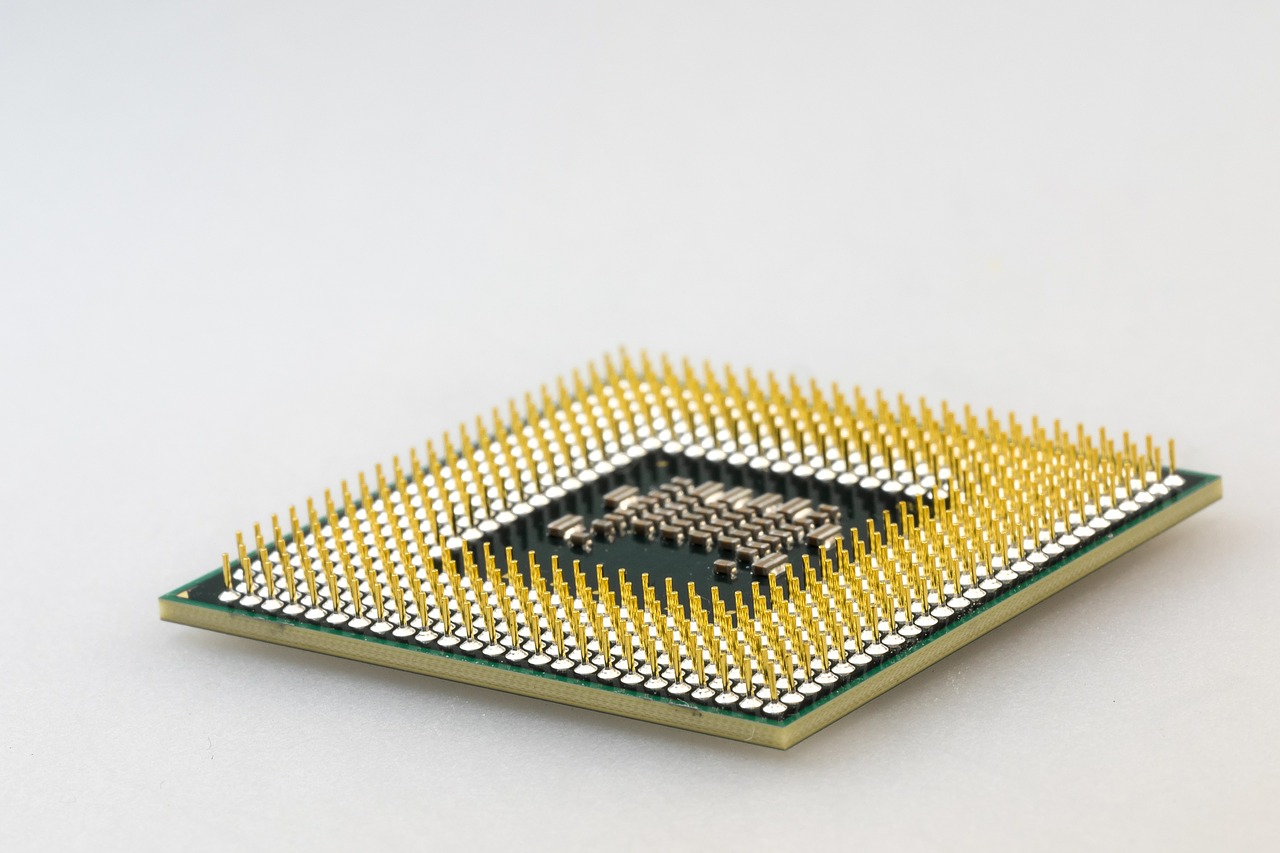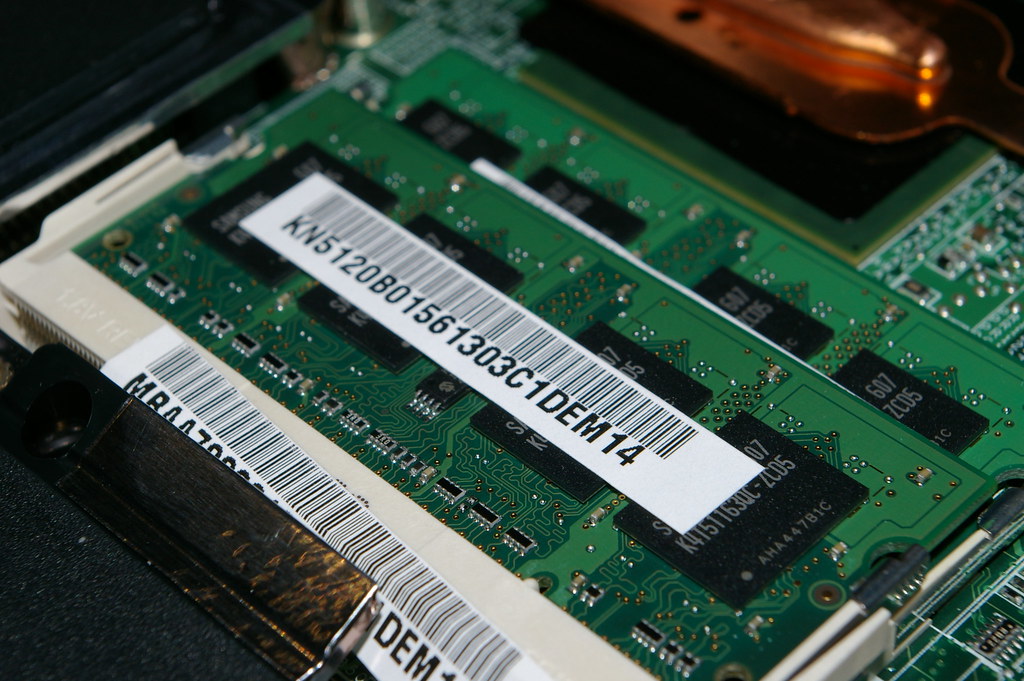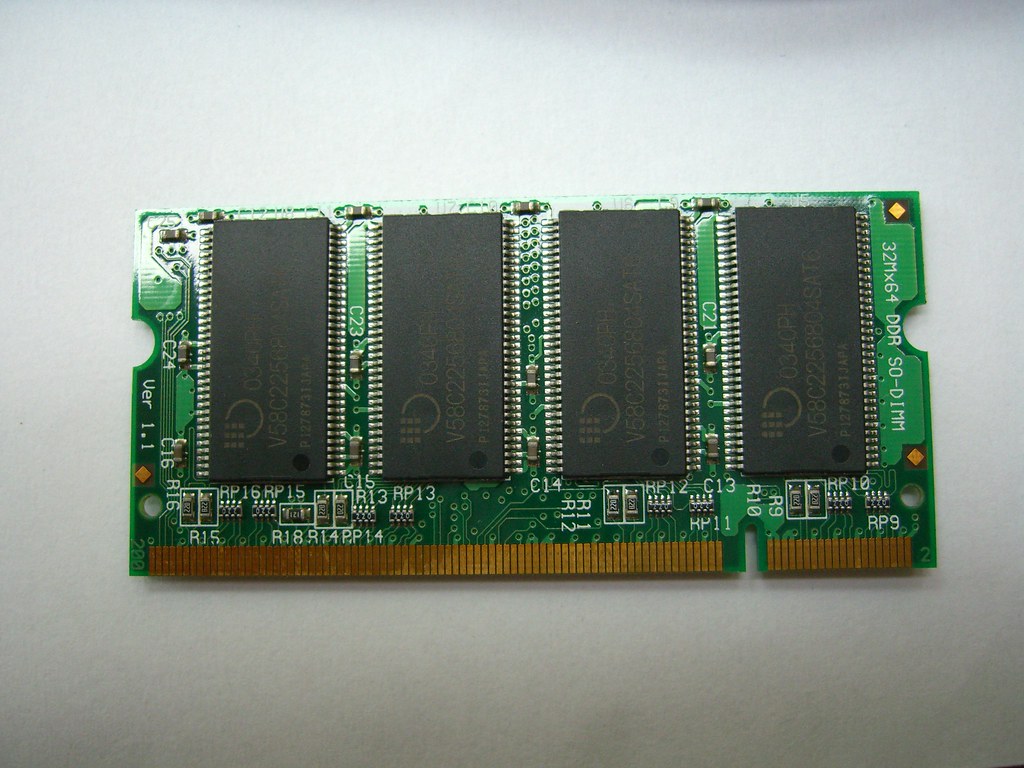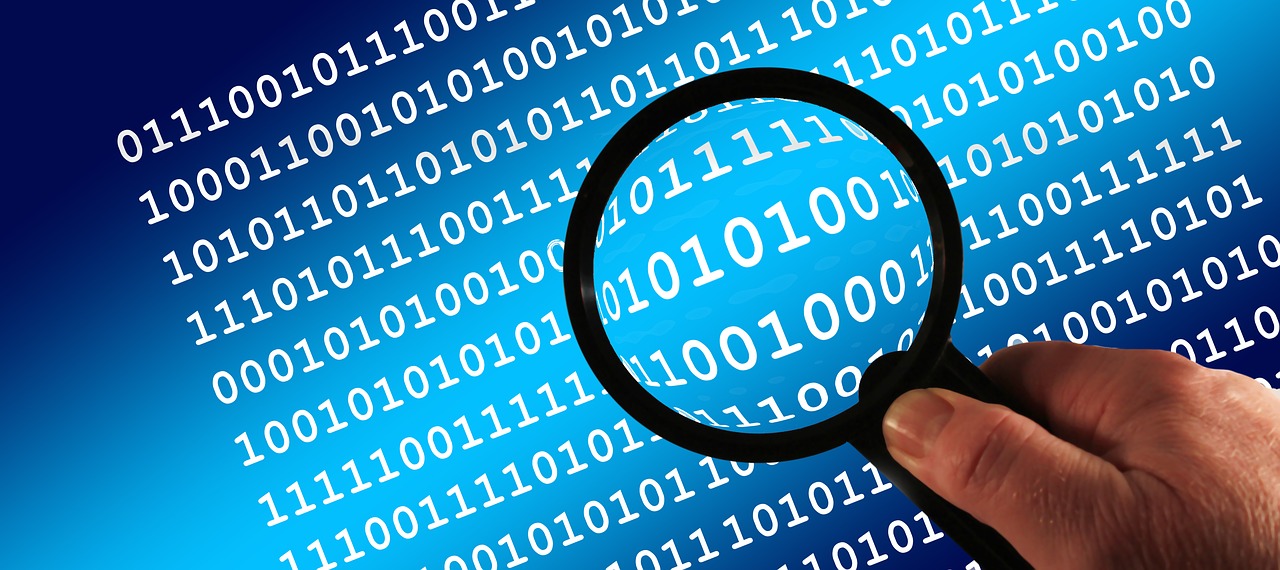Review What are the 20 computer terms?
Thủ Thuật Hướng dẫn What are the 20 computer terms? Chi Tiết
Lê Hữu Kông đang tìm kiếm từ khóa What are the 20 computer terms? được Update vào lúc : 2022-10-20 13:24:03 . Với phương châm chia sẻ Bí kíp về trong nội dung bài viết một cách Chi Tiết 2022. Nếu sau khi tham khảo tài liệu vẫn ko hiểu thì hoàn toàn có thể lại Comment ở cuối bài để Admin lý giải và hướng dẫn lại nha.Unit 6. Basic computer terminologies
Nội dung chính- Basic Internet Terms and AcronymsBasic Computer Terms and AcronymsBits and BytesInternet, World Wide WebWeb BrowserBandwidth, BroadbandMemory, Disk SpaceVirus, Spyware, Trojan, Worm, MalwareBits, BytesKeep learning! Browse the Vocabulary category, check our popular posts, or choose a related post below:Stop making those embarrassing mistakes! Subscribe to Daily Writing Tips today!29 Responses to “20 Computer Terms You Should Know”What are the basic terms of computer?What are the 20 use of computer?What do computer terms mean?What are 5 technical terms?
Click play on the following audio player to listen along as you read this section.
Basic Internet Terms and Acronyms
– A globally connected massive computer network system.
– A system of Internet servers that is made from millions of interlinked websites and web pages.
– A network security device designed to prevent unauthorized access to or from a network.

– A device that transfers data between computer networks to provide access to the Internet.
– A company that provides Internet service to customers.
– A set of rules (a protocol) for transferring and accessing data using the web.
– A web address of a specific web page or file on the Internet. An example is https://www.princegeorgecitizen.com.
– A set of rules (a protocol) for sending data from one computer to another on the Internet. Each computer has a unique IP address that distinguishes it from all other computers on the Internet.
– A set of rules (a protocol) for transferring files between computers over the Internet.
– A small text file stored in a user’s computer by a website that the user has visited so that it can remember something about the user a later time. For example, cookies are used for online shopping. Without cookies, login information would have to be entered before every product was added to the shopping cart.
– A word, phrase, image, etc., within a file or web page that a user can click on to jump to another document, section of the same document, or web page.
Basic Computer Terms and Acronyms
– a small computer designed for use by a single user a time.
– a type of personal computer made by Apple Inc. It runs a version of the macOS (Apple’s operating system, pronounced “mack-oh-ess”).

– a powerful program that controls and coordinates a computer’s hardware devices and runs software and applications. Examples includes Windows, Android, OS X, and Linux.
– to shut down and restart a computer, allowing its operating system and programs to be reloaded.
– the brain or engine of a computer, where most of the processing and operations take place.

– a type of data storage (memory element) used in computers that temporarily stores programs and data. RAM is a kind of volatile memory, meaning its contents are lost when the computer is turned off.

– A type of data storage used in computers that permanently stores data and programs. ROM is a kind of non-volatile memory, meaning its contents are retained even when the computer is turned off.

Bits and Bytes

– the smallest, most basic unit of measurement for computer data storage, represented as either a 0 or a 1. One byte is equal to 8 bits.
– a unit of measurement for data storage. One byte is equal to 8 bits.
Data Storage Units and Their PropertiesData Storage UnitSymbolPower of 10One Unit EqualsByte B 101 8 bits Kilobyte kB 103 1024 B Megabyte MB 106 1024 kB Gigabyte GB 109 1024 MB Terabyte TB 1012 1024 GB Petabyte PB 1015 1024 TBBy Simon Kewin

A great giảm giá of jargon is used when talking about computers, and it’s surprising how often these terms are used incorrectly. Even published, successful novels sometimes do so. The following list provides an explanation of some of the more common computing terms you may come across or need to employ in your own writing.
Internet, World Wide Web
The Internet is the network of computers we’re all familiar with. It’s quite common for the terms “Internet” and “World Wide Web” to be used interchangeably, but these aren’t actually the same thing. The Internet is essentially the wiring that allows computers all over the world to communicate. The World Wide Web is a system that operates via this wiring. Web pages are transmitted via Internet connections but there is more to the Internet than just the web. Many other types of data travel across the Internet too, for example email.
Web Browser
A program you use to look , and navigate between, pages on the World Wide Web. Examples include Internet Explorer and Firefox although there are many others. Again, people sometimes refer to web browsers as “the Internet”, whereas they really only provide the means to view pages on the web.
Bandwidth, Broadband
Bandwidth is an indication of how quickly data travels along a connection. The greater the bandwidth, the faster data will be sent and received. Broadband is a rather vague term that refers to bandwidth somewhere above that of an old dial-up modem, although there is no precise definition of the term. Broadband connections are generally “always on”, unlike modem connections. There are various technologies which provide “broadband” speeds – such as ADSL, cable, satellite etc.
Modem
The word modem was originally coined in the days when computers communicated by converting numbers into sounds that could then be transmitted over a regular telephone line. At each end you needed a “modulator” to generate the sounds to transmit and a “demodulator” to convert received sounds back into numbers. From “MOdulator/DEModulator” came the word modem.
With modern digital communication, no conversion to and from audible sounds is required, but even so it’s common to hear people talking about “broadband modems” or “ADSL modems” when referring to devices providing broadband connectivity. Strictly speaking, such devices are not modems all as they communicate digitally but the word has stuck; its meaning has shifted to refer to digital devices as well.
Memory, Disk Space
Another very common source of confusion. In computing, “memory” generally refers to the temporary storage used by a computer whilst it is switched on. A computer loads programs and data into its memory in order to carry out tasks. This is more accurately called RAM or “random-access memory”. Disk space (or “hard disk space”), on the other hand, is a more permanent store that holds files even when the computer is switched off. It’s from here that the computer loads things into its memory. Strictly speaking you don’t store things in the computer’s memory as that vanishes when you turn the machine off.
Virus, Spyware, Trojan, Worm, Malware
These terms are often confused, although they have distinct meanings.
A virus is a piece of software that can copy itself and which attaches itself to some other program in order to survive and replicate. It may have some malicious intent or it may exist simply to reproduce. A worm is similar but it can exist independently; it doesn’t need to attach to a separate program. A Trojan – or Trojan Horse – is a piece of software that gains access to a computer by pretending to be benign or by hiding within some innocent-looking application. The name is obviously derived from the wooden horse employed by the Greek army during the Trojan Wars. Spyware is software that secretly monitors computer activity, attempting to gain private information without the computer user knowing.
By and large, all of the above will have some malicious intent – to harm data, spy on computer activity and so forth. Malware is a general term for all such programs – it simply means any software, of whatever sort, written with a malicious intent. Viruses are generally malware but there is more to malware than just viruses.
Bits, Bytes
At a basic level, all computer data is just a series of 0s and 1s. Each of these is referred to as a “binary digit”, for which “bit” is just an abbreviation. A byte is (generally) a collection of eight bits, so called because of the pun with bit and bite. Similarly a collection of four bits – half a byte – is sometimes called a “nybble”.
In order to refer to large numbers of bits and bytes, various prefixes are used, as in :
1 kilobyte = 1024 (or 1000) bytes
1 megabayte = 1024 (or 1000) kilobytes
1 gigabyte =
1024 (or 1000) megabytes
1 terabyte = 1024 (or 1000) gigabytes
1 petabyte = 1024 (or 1000) terabytes
Reboot
To switch a computer off and on again, allowing its operating system and programs to be reloaded. Note that this is not the same as placing a computer into standby/hibernate and then resuming. A reboot requires that all software is completely reloaded.
The term derives from “bootstrap”, as in the phrase “to pull oneself up by one’s bootstraps”, because of the similarity to that seemingly impossible act (as a computer can’t run without first loading some software but must be running before any software can be loaded).
Cookie
A small text file sent to your computer by a web site you have visited. These can be very useful in that they can allow the web site to recognize who you are when you return. Cookies cannot store viruses or other threats, although they can be used to track your activity across different web sites in order to provide, for example, “targeted” advertisements.
Firewall
A firewall is a piece of computer software or hardware that restricts the data that is allowed to flow through. Firewalls block traffic that is undesirable in some way, the intention being to prevent infection by malware and so on without restricting the user from carrying out legitimate activity.
Spam
Unsolicited email messages sent out in bulk and generally commercial in nature. In fact the term is used more widely these days to refer to such messages in a variety of places, not just on email – for example comments on blogs.
The origin of this sense of the word spam is unclear.
CAPTCHA
CAPTCHA checks are the strings of letters and numbers that have to be typed in on some web pages before something can be saved. They exist because, although humans find interpreting these strings relatively easy, computers do not. Setting up these checks therefore blocks an automated process – such as one generating spam – from using the page, whereas a human is still able to.
The acronym CAPTCHA actually stands for “Completely Automated Public Turing test to tell Computers and Humans Apart” – a rather contrived way of arriving an acronym that sounds like the word “capture”.
Want to improve your English in five minutes a day? Get a subscription and start receiving our writing tips and exercises daily!
Keep learning! Browse the Vocabulary category, check our popular posts, or choose a related post below:
- Arrive To vs. Arrive At50 Idioms About Meat and Dairy Products10 Types of Hyphenation Errors
Stop making those embarrassing mistakes! Subscribe to Daily Writing Tips today!

- You will improve your English in only 5
minutes per day, guaranteed!Subscribers get access to our archives with 800+ interactive exercises!You'll also get three bonus ebooks completely không lấy phí!
Try It Free Now
29 Responses to “20 Computer Terms You Should Know”
- yodzon September 14, 2010 9:00 am
I like the term CAPTCHA,
but most of the time it annoys me. I felt like it’s slowing me down
on my net escapade. It’s a good thing there’s no CAPTCHA here on your comment system.
BTW, the rest of the term are very basic, so yeah, we all should know it.
Bandwidth is actually a measure of a network’s capacity not its speed. Comparing bandwidths is like comparing highways with differing numbers of lanes. A high bandwidth network may not necessarily be any faster than a lower bandwidth network when the amount of data is low, but it has the capability of transferring more data speed with fewer delays due to “traffic jams.”
Jasonon September 14, 2010 9:46 am“The origin of this sense of the word spam is unclear”
The origin of this is well documented; it’s from a Monty Python sketch ( . Like the eponymous spam, the unsolicited email just comes and comes and comes. Spam in the email sense also involves repeated posts on fora, on IRC, on trò chơi channels; all kinds of places really (and, incidentally, is one of the main reasons for the increase in CAPTCHA on discussion boards).
Simon Kewinon September 14, 2010 10:05 amHi Jason,
I know some poeple say the Monty Python sketch is the source of the “unsolicited message” sense of spam but I don’t think it’s completely convincing. The Oxford Dictionary says this only “appears” to be the case.
As you’ll know, the word spam originally referred to a tinned meat product, the name formed from “SPiced hAM”.
Cecilyon September 14, 2010 10:12 amI’m intrigued that in most cases you use an initial capital for “internet”, whereas there seems to be no pattern as to when you use capitals for “(world wide) web”.
Personally, I think they are now such generic terms that they are in no more need of a capital than the (one and only) atmosphere around our planet.
As this is a language blog, I’m also interested in whether people prefer “website” to “web site” and “e-mail”, “email” or “E-mail” etc (I prefer the neatness of single words, without hyphens or capitals).
Simon Kewinon September 14, 2010 10:21 amHi Cecily,
Yes, on balance, I’d say “internet” and “world wide web” would be my preference too – although I note that the Oxford dictionary still has internet capitalized. Sorry if I wasn’t consistent!
I prefer “email” too.
ApKon September 14, 2010 10:26 amNo one who was a hacker in the ’70s and ’80s doubts the Monty Python origin of the term ‘spam.’ The dictionary merely looks for documentation to cite. We were there.
ApK
Cecily:
“I’m intrigued that in most cases you use an initial capital for “internet”, whereas there
seems to be no pattern as to when you use capitals for “(world wide) web”.”
An internet is more than one network of computer networked together. If you hook the several computers in your office together with the several computers in a partner’s office, you have created an internet. The Internet is the specific public internet connected by a particular set of technologies, derived from the US DARPANET project.
Internet is the specific proper noun referring to one particular internet.
ApK
Simon Kewinon September 14, 2010 10:32 amApK,
Fair enough, I just didn’t want to assert something as fact when there might have been a debate. I’ve worked as a software developer since the 80s myself, by the way.
ApKon September 14, 2010 10:37 amOh, I’d like to add on more term that writers (especially TV writers) muddy a lot:
Hard Drive
or Hard Disk.
This is a storage device. They are most often located INSIDE the ‘box’ of a computer. A hard drive can be removed from the box, replaced, moved to a larger box, and some computers don;t use any hard drive all.
The big box that your monitor and keyboard and mouse are attached to is NOT THE HARD DRIVE. It’s the ‘system unit’, sometimes casually referred to as ‘the computer.’ The hard drive, if there is one, is one of many components INSIDE that box.
ApK
ApKon September 14, 2010 10:41 amSimon, I have no problem asserting something as fact especially if I KNOW it will be debated. 🙂
Cecilyon September 14, 2010 10:42 am@ApK: I don’t know where you are, but in England, and working in IT, I don’t think I’ve ever heard the CPU referred to as a “system unit”. Mind you, most people have laptops now and than seems to cause less confusion.
Simon Kewinon September 14, 2010 10:49 amApK,
Good for you!
Cecily,
Me neither actually – although it’s often called a “base unit”.
Victiriaon September 14, 2010 10:55 amTHANK YOU SO MUCH for today’s post on basic computer terms! I love receiving the Daily Writing Tips, but this one made my morning! I have never understood why corporate IT departments struggle to explain these terms when employees really want to understand. Now I can speak intelligently to something I was actually trying to learn. 🙂
ApKon September 14, 2010 10:55 amCecily, I’m in the US and can’t understand why you folks over there use half the words you do. 😉
The CPU is a microprocessor chip package. The Intel Pentium and Celeron are types of CPUs. CPUs are installed on the motherboard inside the system unit, though modern processor packaging architectures are blurring this a bit.
Truthfully, I rarely hear ‘system unit’ used much anymore. if we want to refer to the box, I typically hear people say ‘the box’ or ‘the computer’ or, if appropriate, ‘the tower.
In context, if I hear someone use ‘CPU’ or ‘hard drive’ for the system unit, I will know what they mean, but you will see the black smoke rising from my head.
If you ask me for a new CPU, I
will bring you a small chip package figuring you’re going to upgrade your existing system. If you ask me for a hard drive, I will bring you a small silver device figuring you are going to add more storage to your existing system.
Using those terms to refer to the system unit is imprecise best.
ApK
rodon September 14, 2010 11:05 amGreat post could you include the terms avatar,wikis, webinar and thread? and the difference between a widget and a gadget?, for those who are not that familiar with this including myself would mean a great giảm giá
Simon Kewinon September 14, 2010 11:08 amrod,
Thanks. Yes, those would all be good terms to include in a further post. To be honest there are so many I had trouble choosing!
Steve Campbellon September 14, 2010 12:29 pmCecily says: “I’m intrigued that in most cases you use an initial capital for ‘internet’, whereas there seems to be no pattern as to when you use capitals for ‘(world wide) web’.”
An internet (small “i”) is any collection of inter-connected networks. The Internet (capital “I”) is the worldwide collection of public, inter-connected networks that we all use daily.
Steve Campbellon September 14, 2010 12:36 pm“Bandwidth is an indication of how quickly data travels along a connection. The greater the bandwidth, the faster data will be sent and received.”
Well, almost. Strictly speaking, individual bits all travel (nearly) the speed of light, whether it’s over wire, fiber, or wireless. Bandwidth is a measure of how many bits you can push through a given channel in a given amount of time (hence bits per second). For example you can’t push as many bits per second through a DSL channel as you can through fiber optic cable. But the individual bits travel the speed of light in both cases.
Simon Kewinon September 14, 2010 1:08 pmSteve,
Yes, fair enough, I was trying not to get too technical! Thanks for the input
Nihal Singh Chawlaon September 15, 2010 6:52 amIt is interested in reading and also for learning.
I got so many things to learn with this reading.
Wade,
Absolutely – the bit level. For volumes of data above a certain level, bandwidth effectively correlates to speed. I’m aware of the differences but was trying to explain some technical terms in layman’s terms.
Thanks for the clarification.
Dave Rissikon September 16, 2010 3:00 amAlong with “Web Browser” should be defined and mentioned “Search Engines” such Google, Bing, Yahoo, etc.
MARIAQon September 20, 2010 5:32 amDear Sirs,
I suscribed but didn’t get the link to tải về your book.
Thanks for your help,
María Bastos
(Spain)
the word that drives me crazy because it’s misused so often is “tải về”. No,
you did not tải về the a physical cd to your computer by sticking it in the drive and running itunes. That’s called ripping.
Also, if you post something onto the Internet, you “uploaded” it. That’s not downloading either.
Oh, and if you plug your ipod into your computer and transfer your music to it, that’s not downloading either. That’s transferring, or syncing.
I hear people use “tải về” to refer to any file transfer where one of the two parties in the transfer is their computer! Argh
PETE LAUTRECon January 01, 2011 1:56 pmFirst, I want your group to know the ‘daily’s’ of “writing” is helpful, though times super-magnum confusing! Words like “Post-Participle/adjective in the subjunctive (what-E-V-E-R)” The shocker to me as a boy was the gibberish of ‘pronounciation’ after a word in the dictionary. What PIN-head came up with that folderol of backward ‘marks’/letters???? SADLY, I am L-O-S-T as to many more complex ‘terms’ used for compukerz today! Even the geeks (who fix them on campus) don’t know many of the acronyms! When I spoke to the retired compuker director, he told me “We hire those who come up with strange names/words naturally!” WHY??? Because he too is “bent in the head”! His rationale is WHY call a door knob a door knob, when you can abort it to “slugg-bitt-sko figg-nut”???? Thanks again for the ‘daily’s’! me
Pepe LePewon January 02, 2011 11:47 pmThanks for clearing that up. I had been wondering about “slugg-bitt-sko figg-nut” for weeks on end.
My favorite acronym in the business is PCMCIA, for that now-obsolete little slot in the side of many laptops. Brought to us by the Personal Computer Memory Card International Association, it was immediately understood to mean People Can’t Memorize Computer Industry Acronyms.
Works for me.
I have always heard the anecdote, told by my parents – both of whom have been in IT since the very first months of computer technology – and my university professors that SPAM is an acronym for ‘Stupid, Pointless, Annoying Message/s’, and has nothing to do with the Monty Python skit. The Monty Python skit is referencing the canned meat product, Spam, and outdates email.
ApKon January 03, 2011 6:45 pmThe Monty Python skit involves inundating the customer with repetitive mention of the unwanted and unsolicited ingredient: Spam Spam Spam Spam Spam Spam Spam and Spam. On Spam.
That’s the connection.
There was no acronym.
Sorry, your parents and professors are wrong.
Trust me, I’m an anonymous stranger on the Internet.
ApK
ApKon January 03, 2011 6:52 pmOff topic spam history article:
Author information
Name: The Hon. Margery Christiansen
Birthday: 2000-07-07
Address: 5050 Breitenberg Knoll, New Robert, MI 45409
Phone: +2556892639372
Job: Investor Mining Engineer
Hobby: Sketching, Cosplaying, Glassblowing, Genealogy, Crocheting, Archery, Skateboarding
Introduction: My name is The Hon. Margery Christiansen, I am a bright, adorable, precious, inexpensive, gorgeous, comfortable, happy person who loves writing and wants to share my knowledge and understanding with you.
What are the basic terms of computer?
Basic Computer Terminologies. CPU. CPU means 'Central Processing Unit'. ... . RAM. Specifically, RAM stands for “Random Access Memory” or “Ready Access Memory”. ... . Hard-disk Drive. ... . Floppy Disk. ... . Hardware. ... . Software..What are the 20 use of computer?
Computers are used for all kinds of purposes in homes. They are useful in online bill payment, internet banking, listening to music, watching movies, playing games, online education, internet access, etc. They are also a good medium of communication between family or relatives via social truyền thông platforms or email.What do computer terms mean?
Updated: 05/02/2022 by Computer Hope. In general, a term is a word or expression made up of many words used to describe a thing or concept. For example, a computer mouse is a computer-related term (terminology) that describes a hardware input device used with the computer.What are 5 technical terms?
Tech Terms 101: Back End development. Back End. ... . Application. ... . API (Application Programming Interface) ... . Bugs. ... . DEVOPS (Development Operations) ... . Frameworks. ... . Object-oriented programming (OOP) ... . Software.. Tải thêm tài liệu liên quan đến nội dung bài viết What are the 20 computer terms? Computer terms What is computer IT terminology Ict glossary Business words Computer science vocabulary Computer synonym Pc net glossary
Post a Comment